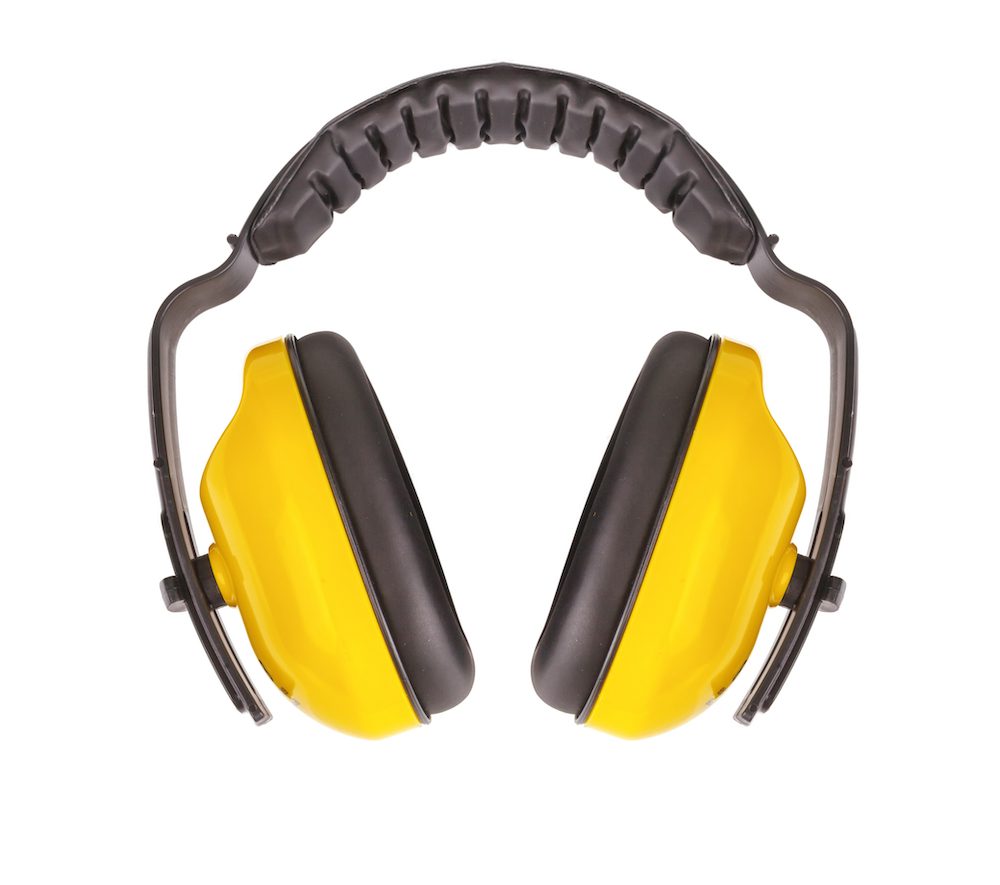Tips for Reducing Ear Fatigue
Ear fatigue is something many people experience, especially in today’s


Ear fatigue is something many people experience, especially in today’s

Hearing care looks nothing like it did even a decade ago. We’ve gone

You probably already ask Alexa to play your favorite music, tell Siri to